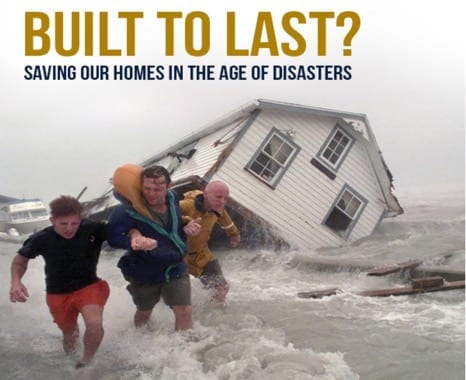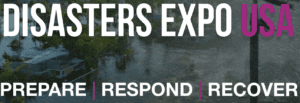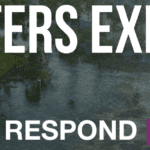NEWS RELEASE
April 26, 2021 –- Resilience Action Fund, a nonprofit organization dedicated to educating and guiding the public on creating more resilient homes and communities, announced today that The National Educational Telecommunications Association (NETA) has selected the documentary ‘Built to Last?’ for inclusion in its program library (https://www.netaonline.org/episode/built-last). NETA is one of the nation’s leading service organizations strengthening and amplifying public media’s educational mission by providing more than 1,200 program-hours per year for national distribution to over 300 PBS stations in the United States.
In the past decade earthquakes, heat waves, floods, hurricanes, fires, and volcanoes have killed more than one million people. affected another 2 billion and caused more than $4.5 trillion in losses. ‘Built to Last?’ was created to educate the public, by showing what consumers around the world are doing to reduce risk and make their homes better withstand hazards during this ‘Age of Disasters’.
Since its 2018 premiere in Miami, London, and New York, the film has been distributed both in the US and internationally. ‘Built to Last?’ has aired on PBS stations in California, Florida, S. Carolina, Mississippi, Alabama and Illinois.
“I’m delighted that NETA has accepted ‘Built to Last?’ into its library, and now offers the documentary as an educational resource to its extensive network, including PBS stations,” said Aris Papadopoulos, founder of Resilience Action Fund (RAF). “This is an incredibly important film for the public and has become increasingly relevant as climate-induced disasters increase. Homes are the weak underbelly of communities and where most losses occur. Equipped with the right knowledge, we can make better choices on what we buy and how we renovate.”
The documentary was created with support from RAF and the World Bank. It was inspired by the book Resilience – The Ultimate Sustainability, authored by construction veteran and 9-11 survivor Aris Papadopoulos. The book explores why many homes and communities are built so weak, rather than why hazards are strong, and what consumers, who stand at the front line of personal and economic risk, can do. It is available on Audible, Amazon, and iTunes, as well as in Spanish. All book proceeds go to RAF.








